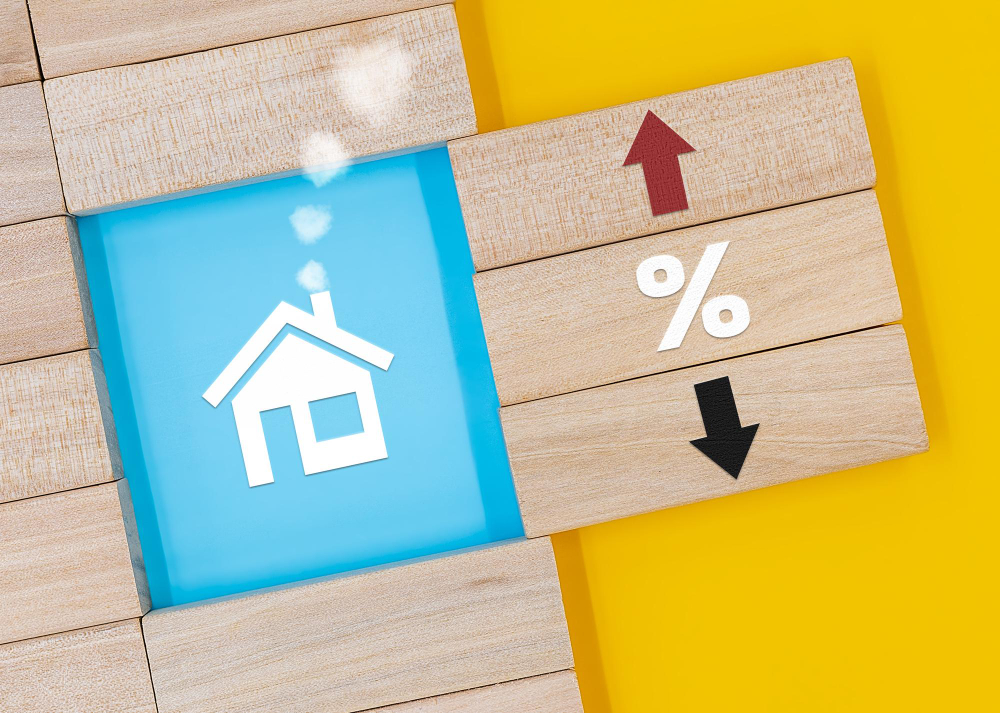Variable interest rate mortgage vs. Fixed interest rate mortgage
The choice of a mortgage can be one of the most important financial decisions you make in your life. One of the first decisions you must make when obtaining a mortgage is whether you want a variable interest mortgage or a fixed interest mortgage. Both options have advantages and disadvantages, and it is important to carefully consider them before making a decision.

Variable interest mortgage
A variable interest mortgage is a mortgage in which the interest rate you pay can fluctuate over time. Typically, the interest is based on a benchmark rate, such as the interbank rate offered by central banks. As this benchmark rate changes, so does your interest rate. While this can mean your interest rate goes down, it can also mean it goes up, which can increase your monthly payments.
Advantages of a variable interest mortgage
One of the main advantages of a variable interest mortgage is that it usually has a lower initial interest rate than a fixed interest mortgage. This can make monthly payments more affordable at the beginning. Additionally, if the interest rate goes down, your monthly payments may also decrease.
Disadvantages of a variable interest mortgage
The main disadvantage of a variable interest mortgage is that the interest rate can increase over time. While this may not be a problem if you can afford an increase in monthly payments, it can be a big problem if you are experiencing financial difficulties and cannot afford the increase. Additionally, it can be difficult to plan for the long term with a variable interest mortgage since you do not know how much your interest rate will rise.

Fixed interest mortgage
A fixed interest mortgage is a mortgage in which the interest rate you pay remains constant throughout the duration of the loan. This means your monthly payments will be the same every month, which can make long-term financial planning easier.
Advantages of a fixed interest mortgage
One of the main advantages of a fixed interest mortgage is the certainty it provides regarding monthly payments. By having a fixed interest rate, you can plan for the long term knowing that your monthly payments will be the same every month. Additionally, if interest rates rise, your interest rate will remain the same, which can save you money in the long term.
Disadvantages of a fixed interest mortgage
The main disadvantage of a fixed interest mortgage is that it usually has a higher initial interest rate than a variable interest mortgage. This can make monthly payments higher at the beginning, which can make saving money more difficult. Additionally, if interest rates fall, you will not be able to benefit from the reduction in your monthly payments.

Conclusion
In conclusion, both variable interest mortgages and fixed interest mortgages have advantages and disadvantages. The choice depends on the individual circumstances and needs of each borrower. It is important to carefully consider financial, personal, and lifestyle factors before making a mortgage decision.







